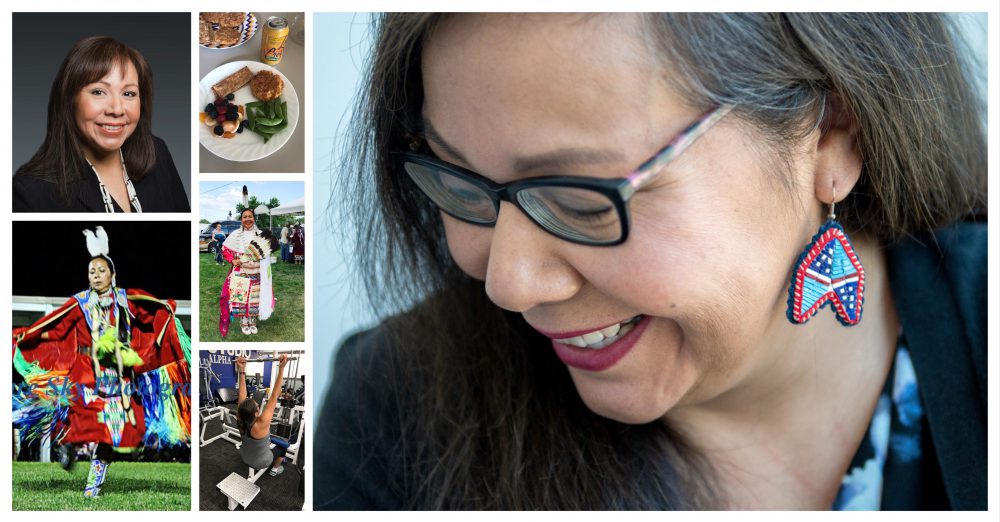Today is January 31 and tonight people will be celebrating the coming of the New Year. In typical New Year’s fashion, I am reflecting a bit on the past year. I love the beginning of the calendar New Year. People are motivated and hopeful….I’m not into the “New Year-New Me” kind of thing because I’ve learned that you can’t wait to make positive change, but I’m always happy to see people motivated. That positive energy is contagious.
I actually renewed my health goals at the beginning of December. I didn’t want to wait until New Year’s to do it. I wanted to get a jump start on what I want for myself and my family. I went back to Weight Watchers (which helped me lose 32 pounds in 2001-2002), and continued with my personal training sessions. I’m going to begin my New Year 7 pounds lighter as a result. I’m also going to begin 2014 feeling much better mentally, spiritually, and emotionally than the last 2 years.
The biggest contributor to the improved mental/spiritual/emotional condition in 2014 was actively practicing gratitude….consistently remembering to give thanks as soon as I wake up. We tend to think we are grateful for this life, but you notice a difference when you start to consciously develop the habit of saying “Thank you” and counting your blessings upon waking. It puts me in a positive frame of mind before I get out of bed. It generates positive energy. And like I said a few paragraphs ago, positive energy is contagious.
Gratitude brings positive energy….positive energy brings peace of mind and spirit….and that peace leaves room for the good stuff, like being happy for others and enjoying their successes. It also brings the belief that you can have your own success in whatever way you define that for yourself, and motivates you to take the steps to gain that success.
I do love this life and everyone in it. It’s amazing when I hear my children say at random times, “I’m thankful for…….” As I am re-learning gratitude, they are learning it as well. My Christmas gift from my babies was bracelet with a charm that says, “I love you to the moon and back”, and it came on a card that said: Love this life….Love is about welcoming the blind turn and the possibility that there’s no such thing as coincidence….and that empathy is incredibly sexy….and that it’s never too late to pick up a guitar or a paintbrush…or to make an amend or to make a new friend….Love this Life.
Those are my thoughts this morning in my quiet house, while everyone sleeps…..while enjoying my coffee. Feeling grateful for all the blessings in my life.
